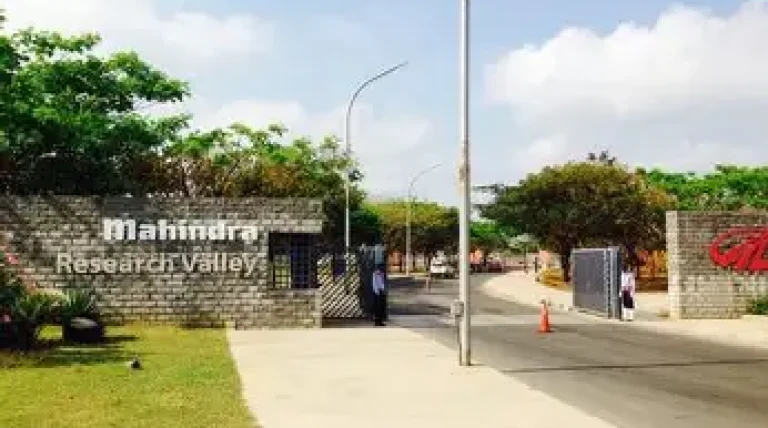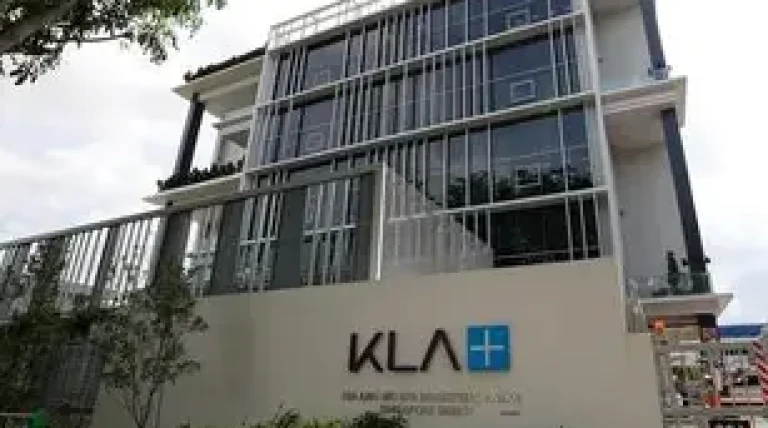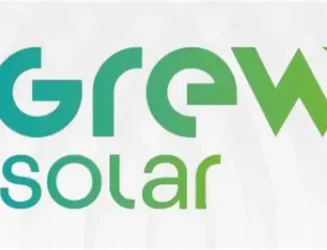In a decisive move to address growing river pollution, the Maharashtra government has approved the formation of the Maharashtra State River Rejuvenation Authority (MSRRA). This follows a report by the Central Pollution Control Board (CPCB) that identified 55 rivers in the state as polluted.
The proposal, presented by Environment Minister Pankaja Munde, was cleared by Chief Minister Devendra Fadnavis, aiming to implement a structured, long-term solution for river rejuvenation. The MSRRA will oversee the preparation and execution of action plans, including approval of Detailed Project Reports (DPRs) and river basin management plans, while also resolving critical issues such as land acquisition, encroachment, and power supply for treatment facilities.
The Authority will prioritize rivers based on Biochemical Oxygen Demand (BOD) levels. Notably:
Mithi River: BOD at 50 mg/L, Surya River: 11 mg/L, Other highly polluted rivers include Bhatsa, Kalu, Ulhas, and Vaitarna.
Maharashtra currently generates 9,190 million litres of sewage per day, of which only 4,928 MLD is treated—leaving over 4,262 MLD discharged untreated into water bodies.
The Chief Minister will chair the MSRRA, with the Environment Minister as Vice-Chair. An Executive Committee, led by Minister Munde, will include experts from IIT Bombay, the Maharashtra Pollution Control Board (MPCB), and financial and legal advisors to ensure technical oversight and policy compliance.
The MSRRA is expected to play a central role in streamlining Maharashtra’s water management strategy, aligning with national water conservation and clean river goals.
News by Rahul Yelligetti.
![{[setting('site_name')]}](https://projxnews.com/uploads/setting/16983847711140531930.webp)












